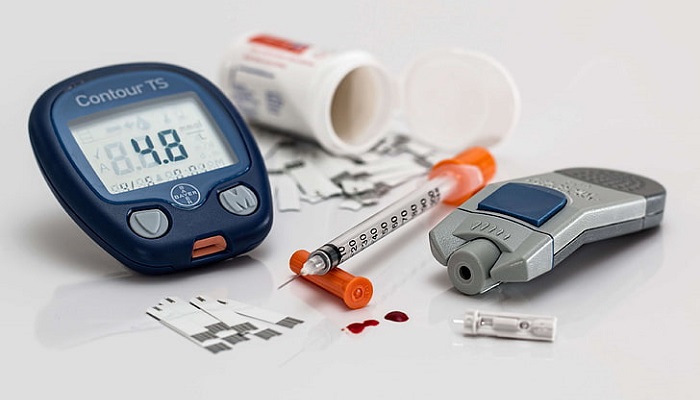The Department of Health- DH of Hong Kong has gone on to initiate a preparatory office so as to pave the way for Centre for Medical Products Regulation- CMPR. This office will recommend steps to formally establish the CMPR and evaluate potential changes to Hong Kong’s regulatory and approval systems.
In the 2023 policy address, the government detailed plans to utilize Hong Kong’s medical strengths to establish an authority that registers drugs and medical devices through a “primary evaluation” approach. This approach involves directly approving medical products based on clinical trial data without depending on other regulatory authorities’ approvals.
The government views primary evaluation as a means to expedite the clinical use of new drugs and medical devices, thereby supporting the industry. The objective is to restructure and enhance the regulatory and approval frameworks for medical products, positioning Hong Kong as a global hub for health and medical innovation.
The establishment of the preparatory office marks the third of six steps in the government’s roadmap for creating a recognized regulatory authority. The initial steps included Hong Kong becoming an observer of the International Council for Harmonisation of Technical Requirements for Pharmaceuticals for Human Use (ICH) and implementing a new drug approval mechanism. This “1+” mechanism allows holders of registrations from one recognized regulatory authority to seek approval in Hong Kong.
The preparatory office will support the subsequent three steps. Its responsibilities include studying and planning a regulatory and approval regime tailored for Hong Kong’s needs. The findings will shape proposals for establishing the CMPR and may necessitate amendments to existing legislation to foster medical product regulation. The office will also provide guidance to the Steering Committee on Health and Medical Innovation and Development.
The government’s goal is to establish the CMPR by 2026 or 2027, followed by the adoption of the primary evaluation approach and securing ICH membership. Achieving regulatory membership in ICH typically takes eight to ten years from the initial engagement. Hong Kong became an ICH observer in 2023.
Despite some elements of the plan being years from fruition, the early stages are already yielding results. Since implementing the 1+ mechanism in November, Hong Kong’s DH has received 210 inquiries from approximately 70 pharmaceutical companies and approved two cancer drugs through the mechanism, which allows companies with local clinical data to seek approval using one authorization from a recognized regulatory authority instead of two.
Furthermore, developments in regional regulatory practices highlight the importance of clarity and adaptation. For instance, Singapore’s Health Sciences Authority (HSA) recently clarified changes to a mechanism designed to quickly resolve potential patent disputes after industry feedback. HSA’s consultation in March outlined plans requiring applicants to disclose patents related to active ingredients, formulations, compositions, and specific uses in manufacturing therapeutic products. This adjustment underscores the importance of clear regulatory frameworks and how proactive engagement with industry feedback can enhance regulatory processes.
HSA also provided examples and circumstances of patents within and outside the scope of new regulations, ensuring clarity in the patent declaration process. This responsive approach by HSA exemplifies the dynamic nature of regulatory environments in the region, with agencies continuously adapting to support industry needs while maintaining compliance with international obligations.


















